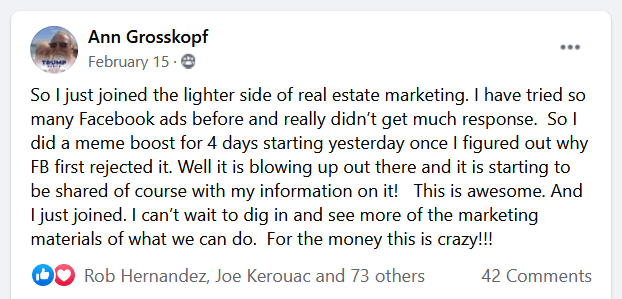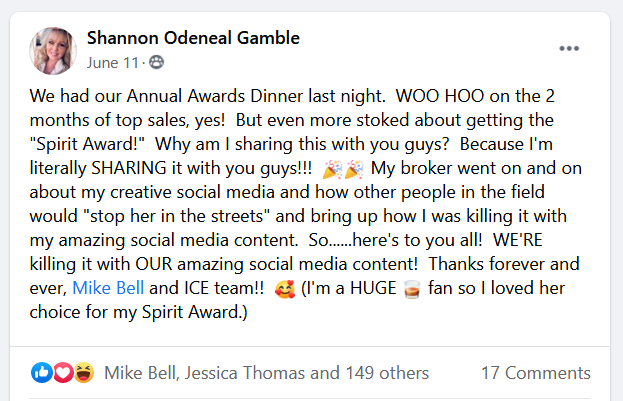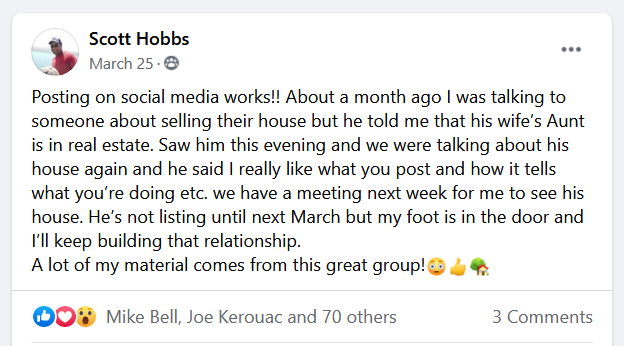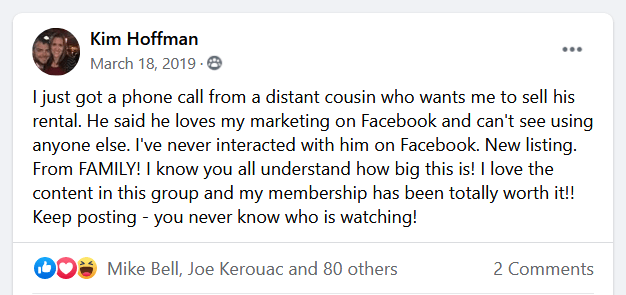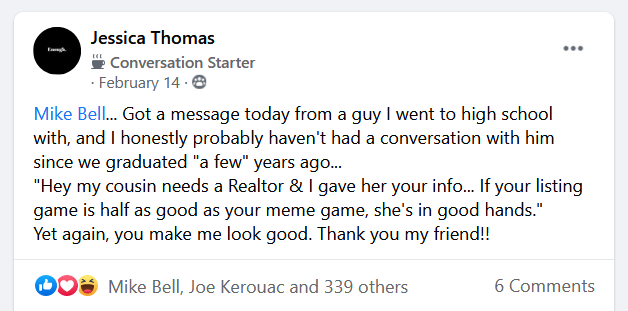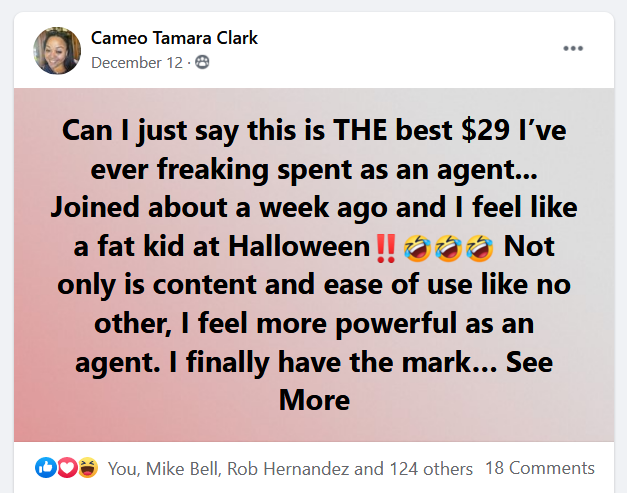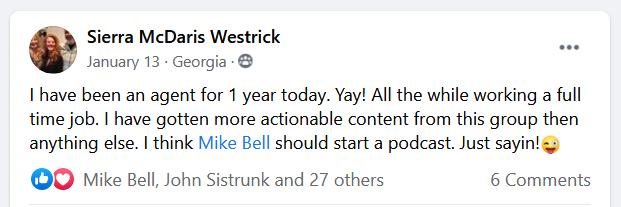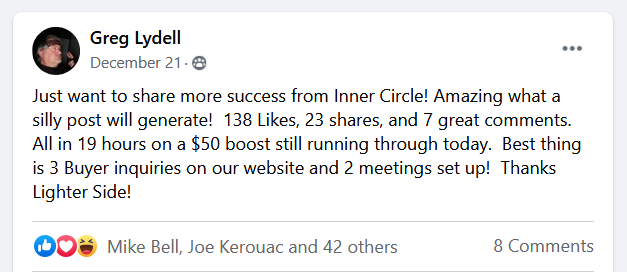
You Don’t Need More Video Marketing to Succeed as an Agent (It Might Even Annoy Your Followers)
The other day, I stumbled across a video being hyped as the sickest snowboard clip ever captured. I have zero interest in snowboarding, but the



In recent years, it hasn’t been unusual to list a home and have it go under contract in a matter of days—often with multiple offers, sometimes above asking price, and occasionally with eager backup buyers waiting in the wings. During that time, many sellers didn’t even need to entertain a buyer’s request for a concession. In fact, buyers were often the ones waiving contingencies just to compete.
So if you’re planning to sell soon, it’s only natural to expect a similar experience.
But the reality is, in many areas and price ranges, the market is adjusting—and it’s important to understand what those changes mean, and what they don’t.
According to Redfin, 44.4% of home sales in the U.S. during the first quarter of 2025 included some form of seller concession. That’s up from 39.3% a year ago and just shy of the record 45.1% seen in early 2023.
But what exactly is a seller concession?
A concession refers to anything a seller provides to help reduce the buyer’s out-of-pocket costs—not including price drops or post-offer price negotiations. Think of it as a financial “sweetener” to help a deal go through.
Here are some common examples:
While the reasons for offering concessions can vary, one thing is clear: they’re becoming more common—and not just in response to inspection requests or minor fixes. If you’re planning to sell in the near future, these kinds of negotiations are something you should be prepared to discuss.
At its core, this shift comes down to supply and demand.
In many markets, there simply aren’t as many buyers competing for each listing as there were during the frenzy of the past few years. That gives buyers more negotiating power, and concessions are one of the ways sellers are responding.
But this isn’t a nationwide, across-the-board trend…
For example, sellers in Seattle gave concessions in 71.3% of transactions during Q1, which was the highest rate among the 24 major metro areas analyzed. That’s nearly double what it was a year ago.
On the other hand, it was a completely different story in New York City. Concessions there dropped to just 5.5% of transactions, which was down significantly from a year ago and the lowest among major metros.
So, while the data may indicate that there’s an uptick in many areas, it all comes down to your local market.
The word “concession” can make it sound like the seller is “giving in” or getting the short end of the stick. But in reality, concessions are a common part of real estate negotiation—and have been for decades.
The red-hot seller’s market that defined the past few years created some short-term amnesia. Sellers got used to saying “no” to repairs, waiving contingencies, and watching buyers line up with offers over asking. But historically, that hasn’t always been the norm.
In fact, in balanced markets—or even slightly buyer-leaning ones—concessions are just part of doing business. They help deals move forward. They help buyers feel supported. And they can allow sellers to maintain their list price while still giving buyers a financial break.
And keep in mind that home prices remain near historic highs in many areas. So even if you offer money toward closing costs or repairs, you may still walk away with substantial equity gains.
If you’re asked to consider a concession, don’t think of it as giving in to something other sellers didn’t have to do. In today’s market, a little flexibility might be the difference between sitting on the market and closing the deal.
If you’re planning to sell in the near future, one of the most valuable tools at your disposal is a real estate agent with a strong pulse on your local market.
What’s happening in one neighborhood—or even one price range—can look very different just a few miles away. A knowledgeable agent will know what kinds of offers are common, how frequently concessions are showing up, and whether your home is likely to spark competition or invite negotiation.
That insight can shape everything from pricing strategy to how you respond to offers. And if concessions are part of the equation, it won’t catch you off guard. You’ll be prepared—practically and emotionally—to navigate the market with confidence.
The Takeaway:
Seller concessions are becoming more common—but that doesn’t mean the sky is falling. It just means buyers have a bit more leverage than they did during the peak of the seller’s market.
And even then, everything depends on location, price point, and timing. Some sellers are still seeing multiple offers and bidding wars. Others are needing to give a little more to get to the finish line.
Either way, today’s sellers are still in a strong position overall. A well-priced, well-presented home—especially one backed by a knowledgeable agent—is likely to sell. If that sale includes a concession or two, that’s not a defeat. It’s just part of the deal.

(Shh, our secret)
Show your sphere your an expert. We have over 2100 articles covering every real estate topic your audience will love.
Position yourself as a real estate authority!
Real estate + topical events — the perfect match!
Become the bearer of good vibes!
Because hey, everyone loves to laugh!



Get our weekly email that makes communicating with your sphere on social actually enjoyable. Stay informed and entertained, for free.

The other day, I stumbled across a video being hyped as the sickest snowboard clip ever captured. I have zero interest in snowboarding, but the

Customer Relationship Management (CRM) systems are a necessary evil for real estate agents. Ideally they’ll make your life easier, keep you organized, and help you

LinkedIn has been around since 2002, quietly trucking along. It’s not a social media platform that you hear a whole lot of people talking about

You’ve probably been told to build an email database and send them stuff consistently, right? Some agents do. Many don’t. Have you? If you haven’t,

1. Spamming your listings with no commentary Posting a link or sharing something on Facebook without your opinion is boring. Your friends want to know
Depending on your situation, it may not take the full 30 minutes.

This reset password link has expired. Check the latest email sent to you.

